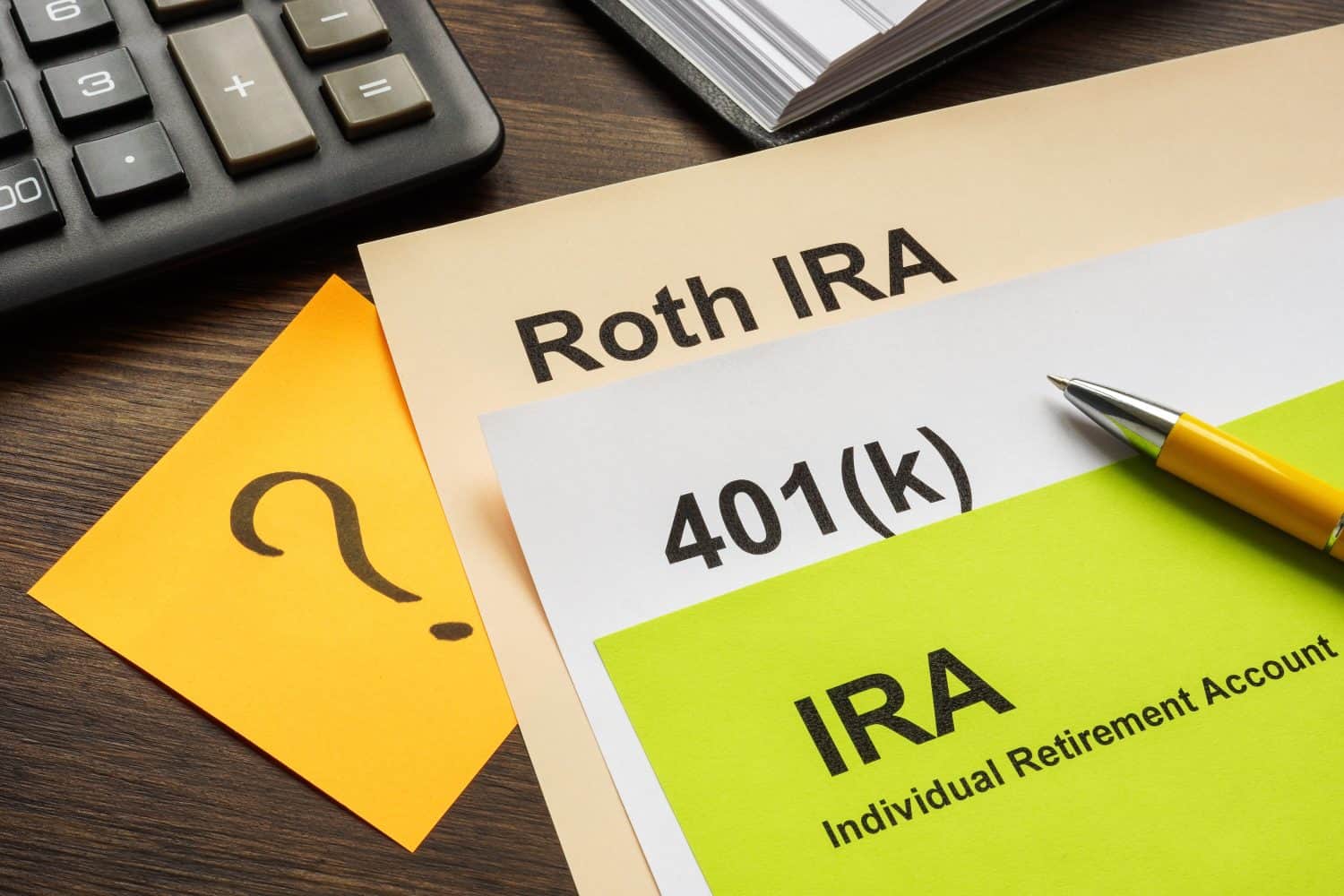Personal Finance
The 10 Most Common Ways Americans Generate Retirement Income Outside Social Security

Published:

When you think about retirement, the hope is that you’ve earned all the money you need to live. This might be true, but for many people, the reality is that you still have potential income sources after your last day of work.
In fact, according to a Nationwide Financial Survey, over four-fifths of people will have additional retirement income alongside social security. Whether this is a 401K, pension, inheritance, or something else, the potential for retirement income still exists in at least ten different ways.
The most obvious place where most of this group of earners will receive money is a retirement account. In the case of this study, this means either a 401K or IRA. Through stocks and bonds, dividends, or some other investment area, maybe even capital appreciation, at least 52% of this group expects to earn using this method in retirement.
Unsurprisingly, a savings account is one way 49% of those surveyed expect to earn while in retirement. Using something like a high-yield savings account or an account with compound interest, savings accounts are low-risk and FDIC-insured.
Thousands of careers available will enable workers to earn pensions they can draw from in retirement. Pensions can come in all shapes and sizes, but they remain integral to many career fields and provide guaranteed annual income for 29% of those surveyed.
You can invest in individual stocks and bonds for those who don’t want to go all-in on a 401K or IRA. Anyone of retirement age would arguably wish to be heavily invested in stocks that offer dividends, which provide additional income quarterly to 24% of Nationwide Financial’s respondents.
Any time you invest in a mutual fund, you spread the risk across a diverse range of stocks. Through this diversification, 19% of respondents hope they can offset any potential losses with other gains, making a mutual fund a way to grow wealth in retirement without as much volatility as individual stocks.
Suffice it to say that some people never want to truly retire but want to slow down. In the case of this survey, at least 17% of those who responded indicated they still planned to work while being retired. This likely means giving up the corporate slugfest for something less stressful, like taking on work at a non-profit or something along those lines.
I cannot speak for every Uber driver, but I have talked to several drivers who work with the company as part-time gig workers in retirement. At least 13% of survey respondents agree that this is a planned way to keep up some income while in retirement and again allows for giving up corporate politics.
The 12% of those surveyed looking toward annuities for money while retired hope it will provide guaranteed income. When you purchase an annuity and receive a lump sum or series of payments, the company will provide regular money for the remainder of your life as a lifetime annuity. Alternatively, choose a fixed annuity, which provides income for a fixed period.
Similar to a traditional savings account, a CD or Certificate of Deposit will provide better returns. A savings account typically provides a very low interest rate, so 11% of those surveyed would opt for a CD. The understanding is that a CD will offer a higher interest rate than a savings account, but your money could be locked up for a fixed period.
While an inheritance is never guaranteed, it does appear that at least 10% of Nationwide survey respondents are looking to this area for income while retired. It should go without saying that to rely on this area of income, you should know well ahead of time what kind of inheritance is expected.
Are you ahead, or behind on retirement? For families with more than $500,000 saved for retirement, finding a financial advisor who puts your interest first can be the difference, and today it’s easier than ever. SmartAsset’s free tool matches you with up to three fiduciary financial advisors who serve your area in minutes. Each advisor has been carefully vetted and must act in your best interests. Start your search now.
If you’ve saved and built a substantial nest egg for you and your family, don’t delay; get started right here and help your retirement dreams become a retirement reality.
Thank you for reading! Have some feedback for us?
Contact the 24/7 Wall St. editorial team.